Wpromote’s Black Voices ERG sponsored a very important event on February 24, exploring “Mental Health and the African American Community: Then and Now,” presented by mental health hygienist Martinez Sellers. The stigmatization of mental health is an essential issue for employers to consider, especially for employees of color.
Sellers is currently the Co-founder and CEO of MarSell Consulting and MHS, which provides therapy services ranging from anger management and domestic violence recovery services to parenting coaching and foster family services. With a passion for helping individuals/families discover effective ways of committing to treatment, communicating their needs, and re-claiming their best life, Sellers aims to remove the stigma of mental health services in communities of color, specifically among men.
Mental health and the African American community
It’s important to note first that there is a huge discrepancy when it comes to therapists of color, particularly Black male therapists, who make up less than 1% of the psychology field.
Psychology professionals:
- 85% White
- 5% Asian
- 5% Hispanic
- 4% African American
- 1% Other
“Mental health exists everywhere—no matter who you are, what culture you come from—everyone is dealing with some type of mental health issue in their lives. As we’re becoming this great melting pot of blended cultures, it’s important that we have access to the right mental health services being offered along with that.”
Martinez Sellers, MFT | MarSell Consulting & Mental Health Services
The Black community is under-represented in the field of psychology, but mental health is a critical issue, often disguised under different “masks” or cultural coping skills, including:
- Alcohol Abuse and Addiction
- Family Trauma and Abuse
- Ignoring (or overlooking) Family History
- Marijuana
- Retail Therapy
- Unhealthy Sexual Relationships
- Unhealthy Spiritual Obligations
“We’re seeing these repeated cycles of abuse that have been strung out for generations that we must deal with. We ignore a lot of our mental health issues because we’ve always thought that seeing a therapist was for rich White people and not for Black people… these are often the guises or masks of mental health disorders within a lot of our communities that we fail to recognize.”
Martinez Sellers, MFT | MarSell Consulting & Mental Health Services
Barriers faced by African Americans in receiving mental health care
Research suggests that the adult Black community is 20% more likely to experience serious mental health problems, such as Major Depressive Disorder and Generalized Anxiety Disorder.
Historical oppression and violence against African Americans has evolved into present-day racism—and cultivates a uniquely mistrustful, less affluent community experience. Because of these factors and more, members of the Black community are more likely to experience chronic and persistent mental health conditions. In 2020, there was a drastic increase in the following mental health disorders among African Americans:
- Anxiety
- Depression
- Grief and Loss: loved ones, income, identity, etc.
- Hopelessness
- Panic Disorder (a subdivision of anxiety)
- Post-traumatic Stress Disorder (PTSD)
- Rage and Anger (a sign of depression in Black men)
- Suicide Ideation and Attempts (especially among men from 14-25 years of age)
Sellers also noted the importance of acknowledging the fact that depression and anxiety can be passed down from generation to generation.
“We hand these things down to our children and wonder why they may have poor performance in school or may not be active in sports—doing the normal things in life. If you or you loved ones are affected by carrying out any activities of daily living, there is a strong chance that you are suffering from some sort of mental health diagnosis that you may need help with.”
Martinez Sellers, MFT | MarSell Consulting & Mental Health Services
According to research from the Suicide Prevention Resource Center, Black emerging adults (ages 18-25) experience higher rates of mental health problems and lower rates of mental health service utilization compared to White emerging adults and older Black adults. We also can’t overlook the alarmingly increased rate of suicide in Black youth and Black young adult males (ages 12-24).
“In the past 5 years, the suicide rate has doubled (nearing close to tripling) among young Black men as young as the age of 10. I can’t imagine, at 10 years old, thinking about committing suicide… we cannot be afraid to talk about this, and we have to be able to look at the triggers. If something doesn’t seem quite right, don’t be afraid to ask those questions to find out what’s going on.”
Martinez Sellers, MFT | MarSell Consulting & Mental Health Services
Health disparities in the Black community
Sellers went on to cite the potential reasons why there is a lack of trust in the medical system, particularly in the Black community: the historical abuses of Black people in the guise of health care, less access to adequate insurance, fewer culturally responsive mental health providers, financial burden, and past history with discrimination in the mental health system.
According to CDC data released by several states, COVID-19 is disproportionately killing Black Americans. The research also states that the average life expectancy of the Black community has decreased by three years due to the COVID-19 pandemic. The cold reality of those numbers will be reflected in mental health across the community.
“When we look at these staggering numbers of 500,000 plus people who have died as a result of the pandemic, that’s a number that we can barely manage to even wrap our minds around. But that still does leave an impression on us that can affect our mental health.”
Martinez Sellers, MFT | MarSell Consulting & Mental Health Services
Mental health and racial trauma: coping with the media
“We’ve seen Black Lives Matter, we’ve seen George Floyd, we’ve seen Breonna Taylor, we’ve seen the insurrection… we’re processing all of that with the lack of sensitivity of how it might affect us while trying to remain professional. We must show that sensitivity with each other in the workplace, and have those conversations: How is this impacting your workload? How is this impacting your family life?”
Martinez Sellers, MFT | MarSell Consulting & Mental Health Services
It’s not enough to know these events are affecting you: it’s even more important to take time away from these spaces and unplug from social media when you need it the most. Self-care is not just self-indulgence; it’s also about removing yourself from conversations that are hurting you—even the ones you feel the most obligated to be a part of. Members of the Black community should strive to give themselves permission to do this.
Performing mental health checks in the African American Community
Sellers emphasized the importance of taking mental health and well-being seriously: supervisors and leaders should not beat around the bush—instead, you need to ask tougher questions directly. Instead of “how are you,” try:
- Have you been sleeping?
- How do you need to be supported at this moment?
- What feelings are you experiencing the most right now?
- What have you done just for YOU today? (self-care)
- Where are you finding joy these days?
- Who are you leaning on for support?
- Did you make sure to eat today? What did you eat?
- What’s on your mind right now?
“For too long have we viewed self-care, especially in our African American communities, as being selfish. That’s a lie. Too often have we suppressed all of those emotions and kept them bottled up. Especially for Black men, we’ve been taught a lot of different things: we’re told to shut up, don’t show emotion, you’re weak, just handle it, suck it up. We first implode before we explode, and if you’re on the verge of imploding—you’ve got to do some serious self-care.”
Martinez Sellers, MFT | MarSell Consulting & Mental Health Services
Where do we go from here?
According to Sellers, we have to stop the “stinking thinking” about mental health and wellness, especially in regards to the maladaptive thoughts we have about ourselves. Instead of secretly suffering in silence or in shame, you should:
- Speak Up: Speaking up is for yourself. Understand that it’s okay NOT to be okay, which starts with prioritizing self-care:
- Let go of things you cannot control.
- Live in the moment.
- Rid yourself of distractions.
- Focus on your immediate needs.
- Find contentment.
- Seek help.
- Speak Out: Speaking out is for your community:
- Participate in community outreach.
- Help to change the negative narratives by breaking barriers.
- Advocate for yourself and others.
- Seek support, sanity, and security
- Create systems of support.
- Live: Living is a choice that you make for yourself and your community.
- Tell yourself, “I am ENOUGH.”
- Say it, live it, and believe it.
Take care of your mental health and wellness
Lastly, it’s important to remember that staying mentally healthy takes continuous effort; it takes a lot of self-care. Follow these tips to keep your mental health a top priority no matter what you’re going through in life:
- Know yourself:
- Emotional intelligence
- Know your needs:
- Emotional
- Physical
- Spiritual
- Know how to get help:
- Life Coach
- Therapist
- Mentor
“My job as a therapist is not to tell you what you’re doing right or wrong—my job is to hear you, and to push you to help you achieve the goals that you want to in your life.”
Martinez Sellers, MFT | MarSell Consulting & Mental Health Services
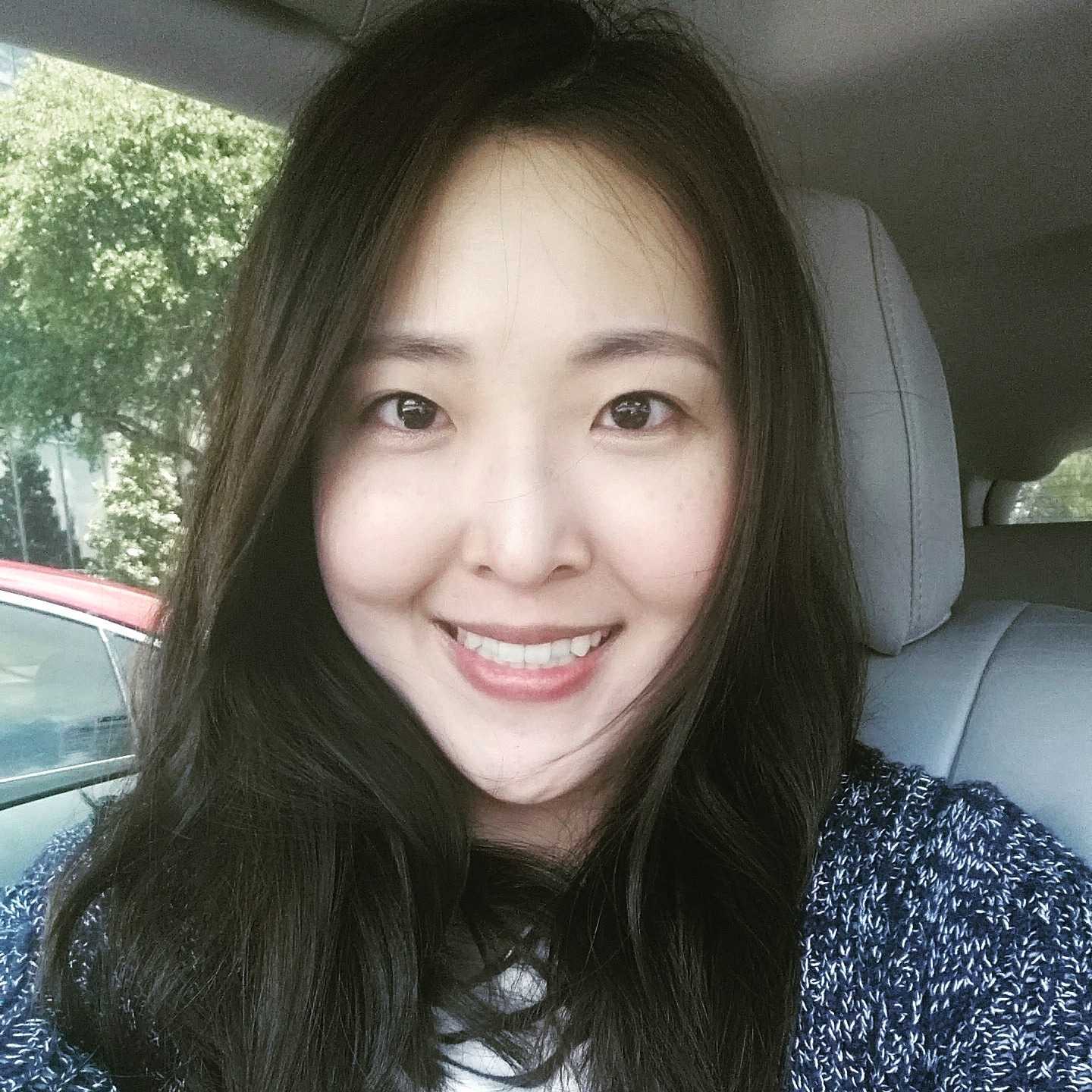
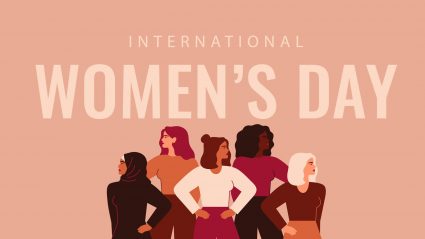
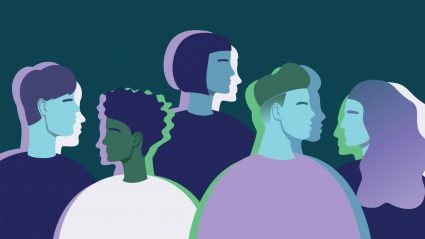
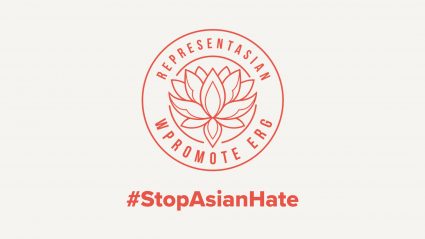
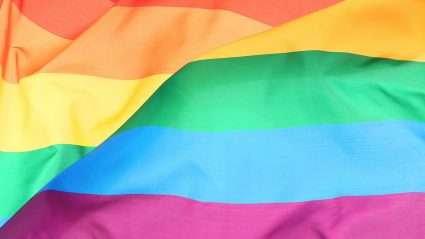


Responses